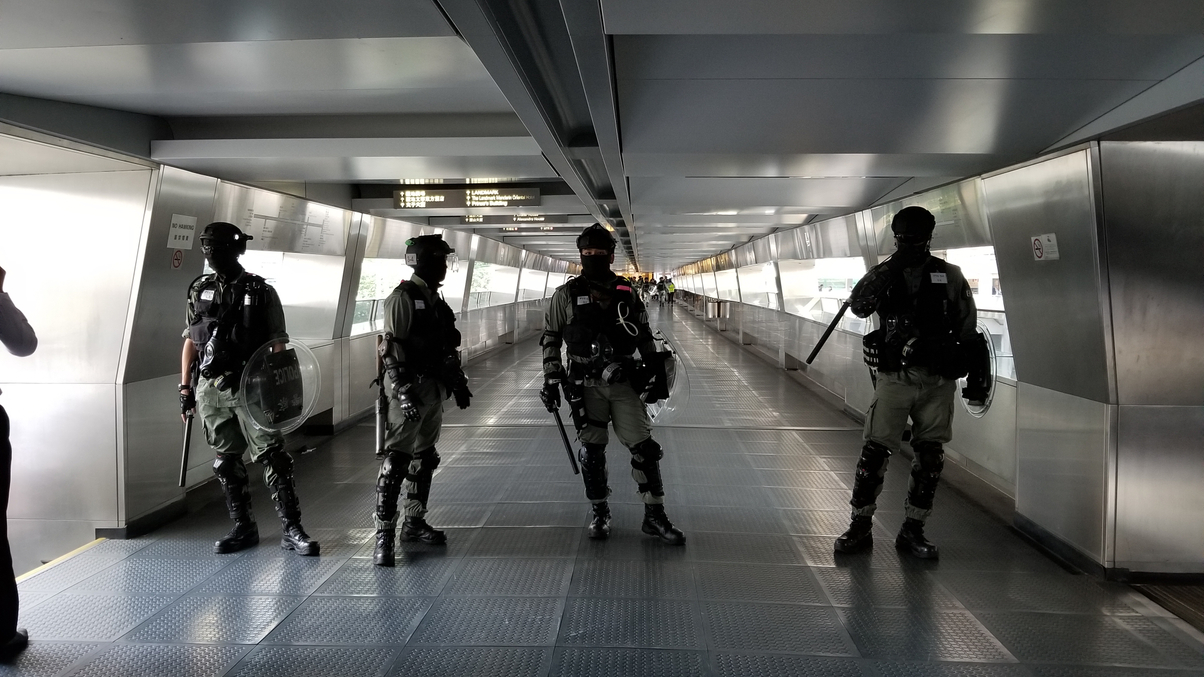Counting the cost of HK’s neverending turmoil
The authorities' reliance on the police to stamp out protests instead of negotiating is inciting greater violence from both sides. It could cause China to erode the city's high autonomy.

Five months since Hong Kong’s mass anti-extradition bill protests began in earnest, few investment professionals believe the city’s government is capable of putting an end to the social unrest any time soon.
Sign in to read on!
Registered users get 2 free articles in 30 days.
Subscribers have full unlimited access to AsianInvestor
Not signed up? New users get 2 free articles per month, plus a 7-day unlimited free trial.
¬ Haymarket Media Limited. All rights reserved.


